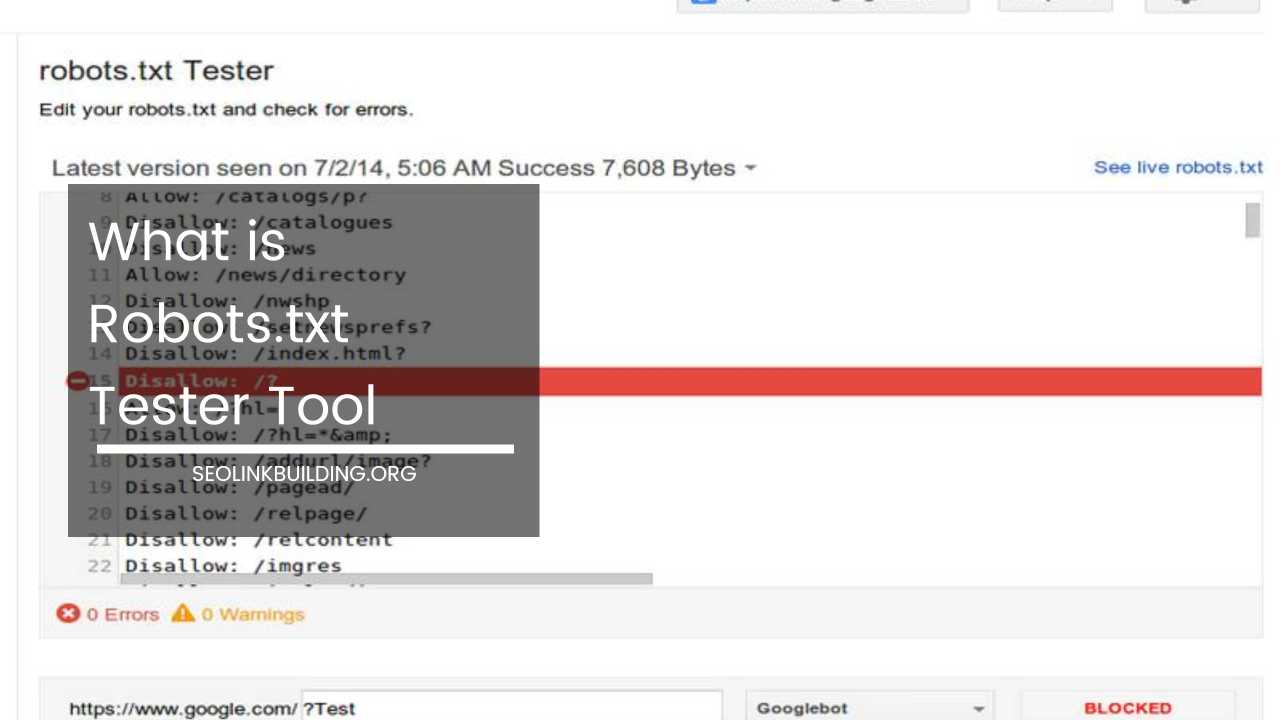Reciprocal Links: Will They Hurt Your SEO?

Reciprocal Links
In the dynamic and ever-evolving landscape of search engine optimization (SEO), website owners and digital marketers are constantly seeking effective strategies to improve their online visibility and rankings.
One such strategy that has been a subject of debate within the SEO community is the use of reciprocal links. Also known as mutual or two-way links, reciprocal links involve two websites agreeing to link to each other, with the goal of enhancing each other’s online presence.
While some argue for the potential benefits of reciprocal links, others caution about the possible negative impact on SEO. In this comprehensive exploration, we will delve into the concept of reciprocal links, examine their historical context, and discuss the implications they may have on your website’s SEO.
Understanding Reciprocal Links
Reciprocal links are essentially a mutual agreement between two websites to link to each other. This practice is rooted in the idea that if a website is willing to vouch for another through a link, it adds credibility and authority to the linked site in the eyes of search engines.
In the early days of the internet, reciprocal linking was a common and widely accepted practice. Webmasters engaged in link exchanges as a means to increase their website’s visibility and authority.
However, as search engines became more sophisticated, they started recognizing and penalizing manipulative link-building tactics.
The Evolution of Search Engine Algorithms
Search engines like Google continuously refine their algorithms to provide users with the most relevant and valuable content.
With the advent of updates like Google Penguin, the focus shifted towards quality over quantity in terms of links. The algorithm became more adept at identifying unnatural link patterns and penalizing websites engaged in manipulative practices, including excessive reciprocal linking.
This shift in algorithmic emphasis signaled a turning point for reciprocal links and prompted a reassessment of their effectiveness in the context of modern SEO.
Potential Benefits of Reciprocal Links
- Increased Visibility: One of the potential benefits of reciprocal links is the increased visibility they can provide. When a reputable site links to yours, it can lead to improved traffic and visibility, particularly if the linking site has a larger audience or a strong online presence.
- Building Relationships: Engaging in reciprocal linking can foster positive relationships within your industry or niche. It creates a sense of community and collaboration, which can be beneficial in various aspects of your online presence. Building a network of relevant and trustworthy connections can contribute to long-term success.
- Diversification of Link Profile: Having a diverse link profile is essential for a healthy SEO strategy. Reciprocal links, when used judiciously alongside other link-building methods, contribute to a well-rounded backlink profile. A diverse link profile is often considered a positive signal by search engines.
Potential Risks of Reciprocal Links
- Risk of Over-Optimization: Excessive reciprocal linking, especially with the same set of websites, can trigger search engine algorithms to interpret it as an attempt to manipulate rankings. This may result in penalties that could harm your website’s visibility. It is crucial to strike a balance and avoid over-optimization through repetitive link exchanges.
- Relevance and Quality Concerns: If reciprocal links are not relevant to the content of both websites, they may be perceived as spammy by search engines. Quality should always take precedence over quantity when it comes to linking. Focus on building connections with websites that share thematic relevance and provide valuable content.
- Algorithmic Changes: Search engine algorithms are dynamic and subject to constant updates. What may have been considered a legitimate practice in the past can become problematic if the algorithms change. This uncertainty makes relying solely on reciprocal links a risky strategy, and it underscores the importance of staying informed about industry trends and algorithmic updates.
Best Practices for Reciprocal Linking
If you decide to engage in reciprocal linking, it’s crucial to follow best practices to mitigate potential risks and maximize benefits:
- Relevance: Ensure that the websites you exchange links with are relevant to your content and industry. Linking to unrelated sites can raise red flags with search engines and may be counterproductive to your SEO efforts.
- Quality Over Quantity: Prioritize the quality of links over the quantity. Focus on building relationships with reputable and authoritative websites within your niche. High-quality links are more likely to positively impact your SEO and contribute to your site’s overall credibility.
- Diversification: Incorporate reciprocal links as part of a diverse link-building strategy. Avoid relying solely on this method and explore other legitimate avenues for acquiring backlinks. A well-rounded approach to link building, including guest posting, content marketing, and natural link acquisition, can provide a more robust foundation for your SEO efforts.
Concluding Thoughts:
In conclusion, reciprocal links can be a double-edged sword in the realm of SEO. While they may offer short-term benefits in terms of increased visibility and relationship-building, the risks associated with over-optimization and algorithmic changes should not be ignored.
As search engines continue to prioritize high-quality, relevant content, website owners and marketers must approach reciprocal linking with caution and as part of a broader, well-rounded SEO strategy.
Striking the right balance between reciprocal links and other ethical link-building practices is key to maintaining a strong online presence without jeopardizing your website’s SEO efforts.
As the SEO landscape evolves, adaptability and a strategic approach to link building will be essential for staying ahead in the competitive digital space.
By staying informed about industry trends, algorithmic updates, and best practices, you can navigate the complexities of reciprocal linking and leverage its potential benefits while minimizing potential risks to your website’s SEO health.













